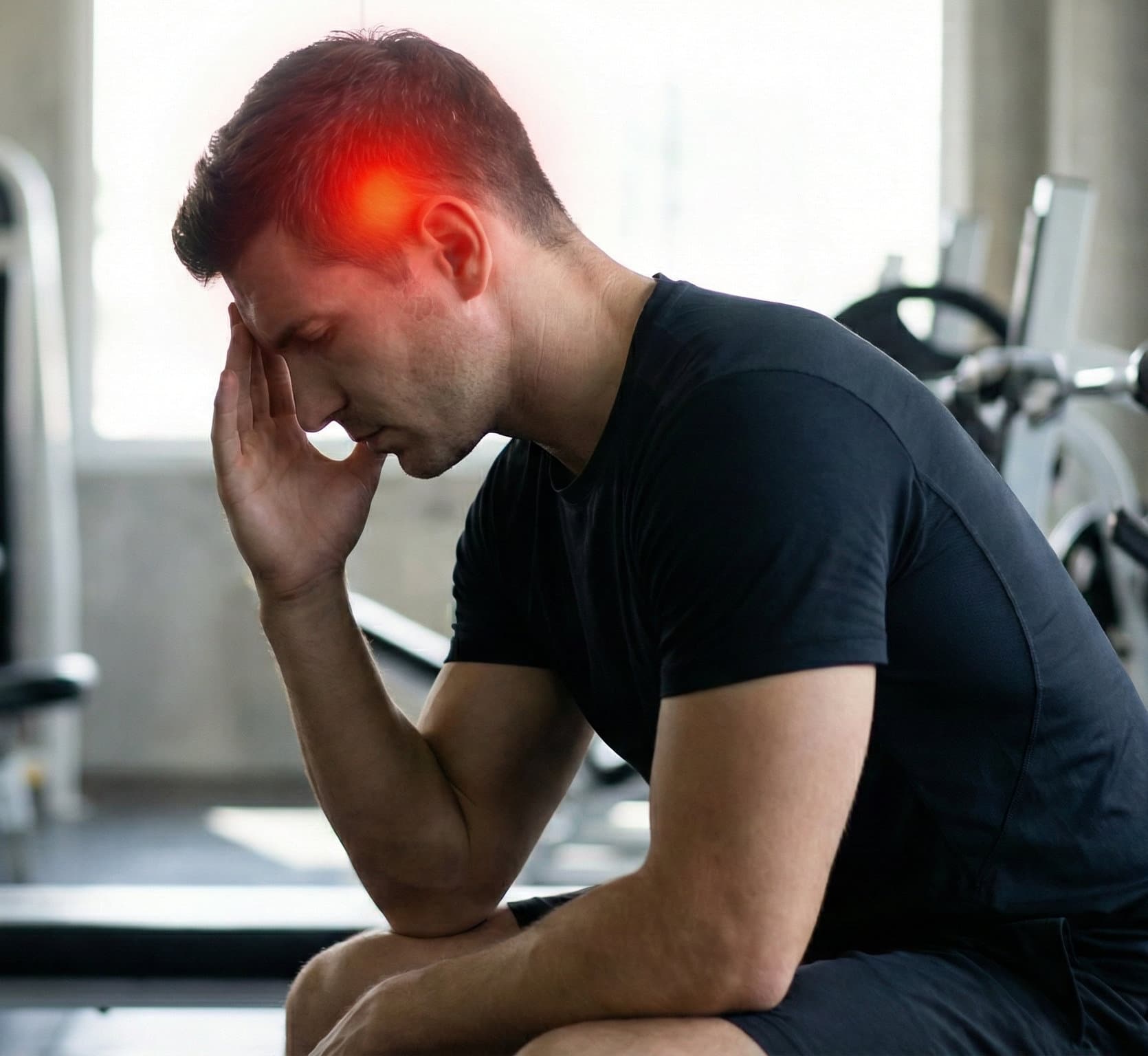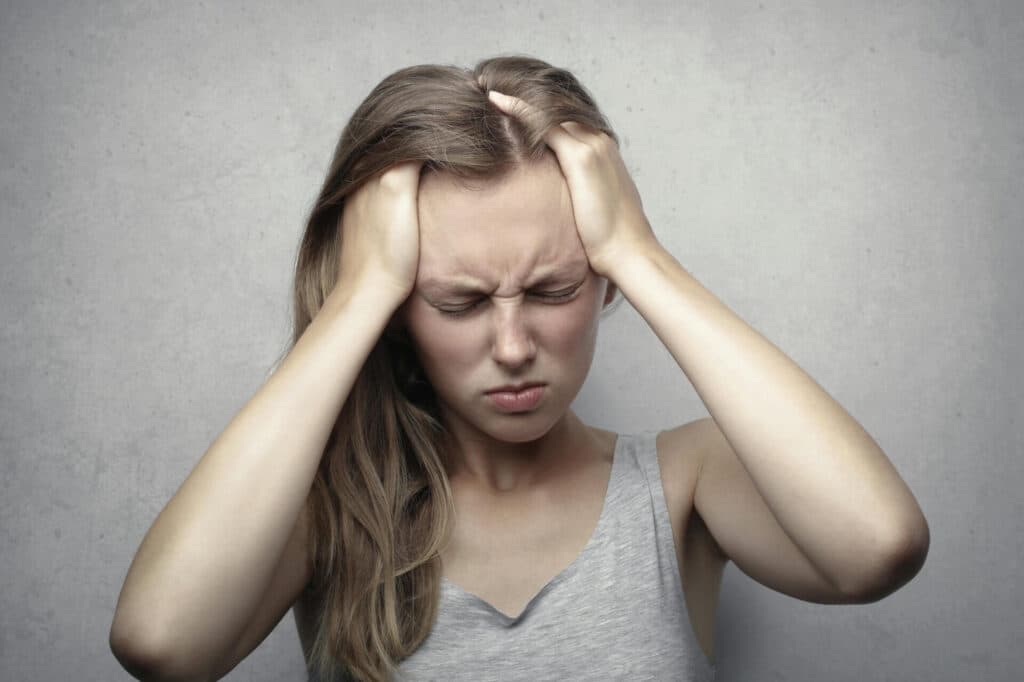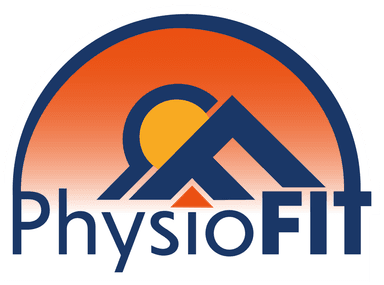Chronic Headache Relief
Move beyond managing pain with physical therapy that uncovers and treats your headache source.
Free Your Mind From Chronic Headaches in Bend
A persistent headache can cast a shadow over everything, making it impossible to focus at work, enjoy your family, or take part in the active Bend lifestyle you love. If you find yourself constantly reaching for pain medication and feeling like you're just managing symptoms, you may be looking for a therapist for chronic headaches, and you've come to the right place.
At PhysioFIT, we believe you can do more than just manage your pain, you can find lasting relief. We prioritize personalization in your healthcare journey, acknowledging that individuals with chronic headaches necessitate distinct treatment strategies. Utilizing the potency of empirically-supported, fitness-centric physical therapy in Bend, we aim to do more than merely alleviate your symptoms. Our mission encompasses the enhancement of your holistic health, prevention of enduring pain, and speeding up your recuperation period, enabling a smooth transition back into your daily routines.

Understanding Your Chronic Headaches
Different types of chronic headaches require different treatment approaches. Here's what you should know about the most common forms.
Migraine Headache
Migraine headaches can be categorized into two types: episodic and chronic. While chronic migraines happen more than 15 days in a month, episodic ones occur less frequently.
Rebound Headache
The very medicine you're consuming for headache relief could potentially be causing headaches. Taking pain relievers beyond two days a week, even common ones such as ibuprofen, puts you at risk for what's known as a rebound headache. Similarly, abruptly discontinuing regular pain medication can provoke headaches.
Secondary Headache
The origin of your headaches may not necessarily be your head. Secondary headaches stem from an underlying health issue, like degenerative disc disease in the spine, sinus infections, or past experiences of head trauma. Although infrequent, persistent headaches and visual disturbances can also be caused by brain tumors.
TMJ or TMD
A proper diagnosis of a TMJ or TMD problem involves a thorough evaluation from a professional.
Chronic Daily Headache
Chronic daily headaches, as the name implies, occur more than half the month, lasting for a period exceeding three months. Primary chronic daily headaches are those not precipitated by any underlying health condition. These headaches can be of shorter or longer duration.
Long-lasting Chronic Daily Headache
Those falling in the long-lasting category persist for over four hours. The types of long-lasting chronic headaches encompass; persistent migraines, continuous tension-type headache, newly appearing daily persistent headache, and hemicrania continua.
What Causes Chronic Headaches?
The triggers of numerous chronic daily headaches remain somewhat elusive. Authentic (primary) chronic daily headaches don't present with a detectable root cause.
However, a series of conditions could instigate non-primary chronic daily headaches, such as:
Potential Causes of Non-Primary Chronic Daily Headaches
Vascular Issues
Certain infections, notably meningitis, can also result in the manifestation of chronic daily headaches.
Infectious Diseases
These refer to injuries to a muscle or tendon, which can lead to significant back pain.
Intracranial Pressure Discrepancies
Abnormally high or low pressure within the skull could prompt these types of headaches.
Presence of a Brain Tumor
Brain tumors, whether malignant or benign, could be a potential cause of chronic daily headaches due to the pressure they exert on surrounding brain tissue.
Traumatic Brain Injury
Traumatic events causing injury to the brain can also be a catalyst for chronic daily headaches, as the brain recovers and copes with the trauma.
PhysioFIT Discovery Call!
To learn more about how physical therapy can help with chronic headache relief, call us today.
Can Chronic Headaches Be Prevented?
The short answer is yes, chronic headache relief can often be achieved through prevention, or at least the frequency and intensity of headaches can be significantly reduced. The following strategies focus on lifestyle changes and self-care measures which can help you manage and potentially prevent chronic headaches:
Identify Headache Triggers
Proactively documenting each headache in a journal can highlight patterns and triggers, thereby helping you to avoid these. Make sure to record important details like the time the headache started, what you were doing, and how long it lasted.
Quality Sleep
For an average adult, 7-8 hours of sleep a night is essential. Try to maintain a consistent sleep schedule and seek medical advice if you have sleep disturbances, such as snoring.
Regular, Balanced Meals
Aim to eat healthy meals at consistent times daily. Be mindful of potential food and drink triggers like caffeine, and adjust your diet accordingly. Weight loss should be considered if obesity is a concern.
Regular Exercise
Engage in routine aerobic activities to improve your physical and mental well-being and reduce stress. Choose enjoyable activities like walking, swimming, or cycling, and remember to gradually increase the intensity to prevent injury.
Stress Management
Stress can often trigger chronic headaches. Incorporate stress-reducing techniques into your routine such as yoga, tai chi, and meditation. Moreover, staying organized, planning ahead, and maintaining a positive outlook can greatly help in managing stress.
Moderate Caffeine Intake
While caffeine is included in many headache medications due to its pain-alleviating properties, it can also exacerbate headaches. Try to reduce or completely remove caffeine from your diet.

Please Note
The information provided on our website is intended for general education and is not a substitute for professional medical advice. Each individual's situation and body is different. Therefore, what may work for one person may not work for another. We care about your well-being and advise you to reach out to us to discuss your specific needs before implementing any advice from our website.
Find Lasting Relief Today
Stop just managing your chronic headaches. Our physical therapists will help you uncover the source of your pain and create a personalized treatment plan for lasting relief.
